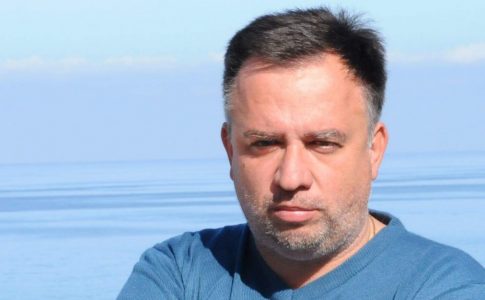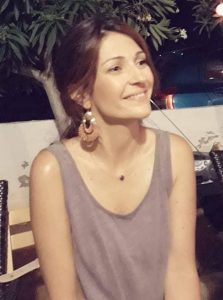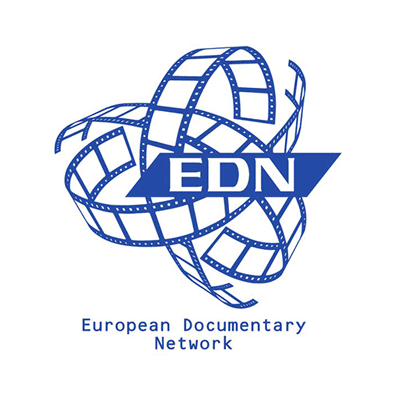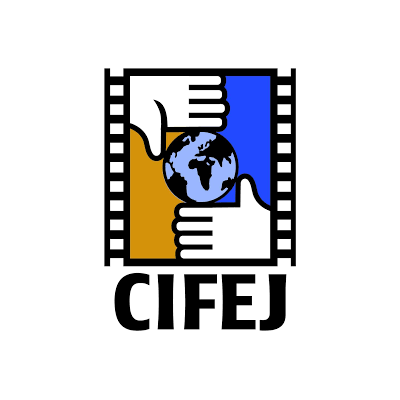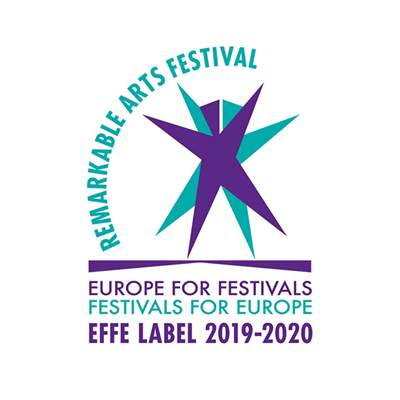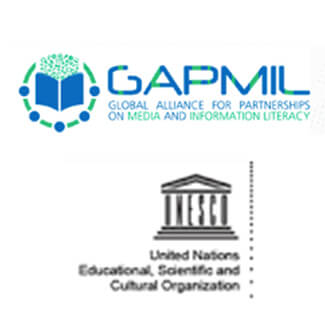Flowers that withered early / Flowers fade early
Direction: Matthaios Frantzeskakis, Vicky Arvelaki / Matthaios Frantzeskakis, Vicky Arvelaki
Script/Script: Matthaios Frantzeskakis / Matthaios Frantzeskakis
Director of Photography/Photography: Stavros Papadimitriou, Kyriakos Charitakis, Dimitris Kyriakakis / Stavros Papadimitriou, Kiriakos Haritakis, Dimitris Kiriakakis
Editing/Edit: Vicky Arvelaki / Vicky Arvelaki
Music: Psarantonis (Antonis Xylouris), Psarogiogis (Giorgis Xylouris), Yannis Papatzanis, Yannis Polychronakis / Psarantonis (Antonis Xilouris), Psarogiorgis (Giorgis Xilouris), Giannis Papatzanis, Giannis Polixronakis
Producer/Production: Cultural Society of Crete / Crete Cultural Organization
Country of Production/Country: Greece / Greece
Duration: 65'
Production Year/Year: 2018
Language/Language: Greek / English
Subtitles: Aγγλικά / English
Synopsis:
Dawn of August 28, 1944, Chania, Crete. The German conquerors encircle the small village of Kakopetros in the current municipality of Platanias. Leaving in the afternoon, Nazi hatred leaves behind 23 dead, empty, looted houses and the souls of survivors scarred for life. Five survivors remember and recount that rainy Monday and the rest of their lives as etched - from the pain - continued.
Dawn of August 28th, 1944. Crete. During occupation the German conquerors surround the small village called Kakopetros, located today in the Municipality of Platanias in Chania. In the afternoon when they depart, Nazis leave 23 dead people behind. They also leave empty, looted houses, and the souls of the people of this village, eternally wounded. Five survivors open their chest of fragile memories and remember what happened at that rainy Monday. They recall the facts and share how painful their life was the following years.
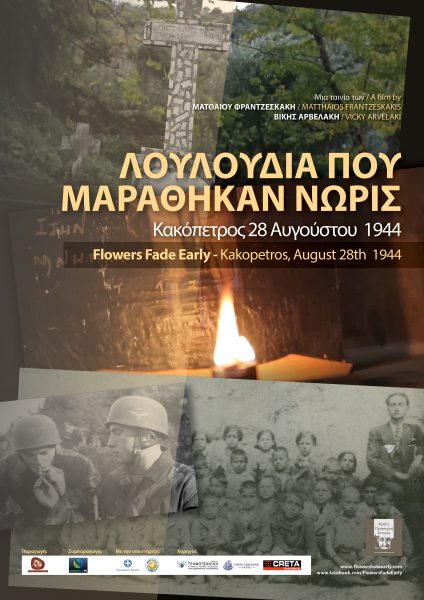
Director's/Biography Biography:
Matthaios Frantzeskakis was born in Chania, where he grew up. He studied mathematics at the Aristotle University of Thessaloniki. He has done courses in journalism, in the management of cultural units, in cinema and in the administration of social economy institutions. Since 1995 he has taught in structures of formal and informal education. He has worked in print, radio and television. Since 2000 he has been involved in cinema and especially in its educational dimension. Since 2002 he directs the Cultural Society of Crete and the cultural newspaper Compass of the City. For four years (135 shows) he was responsible for the design, editing and presentation of the show Visits on KYDON TV with meetings- interviews - portraits- documentaries.He has co-signed the script of the documentary documentary There was no other way, directed and written by Stavros Psyllakis. He also signs the script and direction of the documentary. (Special) School. Taste of Paradise. He participated in the production of several documentaries, educational films as well as in the organization of dozens of events. He coordinates the action "Crete, Oral History". He is the director of the Chania Film Festival and the educational activity cine Learning.
Matthaios Frantzeskakis was born in Chania where he grew up. He studied Mathematics at the Aristotle University of Thessaloniki. He has completed courses in journalism, civil engineering, film and social economy administration. Since 1995 he has taught formal and non-formal education structures. He has worked in print, radio and television. Since 2000 she has been working with cinema and especially with her educational dimension. Since 2002 he has been running the Cultural Society of Crete and the newspaper Culture of the City. For four years (135 shows) he was responsible for designing, editing and presenting the show Conversations on KYDES TV with interviews-interviews-portraits-documentaries. He has co-authored the scenario of the documentary Other Road There Was No in script-stage by Stavros Psyllakis. He also signs the script and directing the documentary (Special) School. Taste from Paradise. He participated in the production of several documentaries, educational films as well as in the organization of dozens of events. It coordinates the action "Crete, Oral History". He is the director of the Film Festival of Chania and the educational action cineMaints.
Vicky Arvelaki was born in Germany, where she grew up. In 2001 she decided that neither her degree as a microbiologist assistant, nor the prospect of German teaching expressed her and she started working in a television station in Crete. Among other things, she tried her luck in front of the lens, but she was won over by the role behind the cameras and specifically in the documentaries. On this way she had the good fortune to meet directors who reinforced her idea that the documentary beyond a fairly transparent filter towards reality is also a kind of our debt to the truth. Since 2009 he has directed two documentary series of 12 episodes ("Unknown Crete" & "Eleventh Hour") - and a fairly self-contained documentary - for The New Television of Crete, where he worked for many years. Today he directs independent documentaries, including the documentary In The Dark in Crete , which was nominated for the Greek Film Academy awards in 2017. He is also involved through various projects in the management of audiovisual material, recognizing its importance as an invaluable source of information about our history and culture. She is responsible for the production manager of the Chania Film Festival.
Vicky Arvelaki was born in Germany where he grew up. In 2001 she decided that neither her diploma as a microbiologist assistant, nor the prospects of German teaching, expressed her and started working on a television station in Crete. Among others, she tried her luck and in front of the lens, but the role behind the cameras stole her heart. At her 30s a new chapter in documentary filmmaking just started. On this journey she was fortunate enough to meet directors who inspired her to continue her path. Since 2009 he has directed two series of 12 episodes ("Unknown Crete" & "Eleventh Hour") - and many independent documentaries - for Nea TV, where she worked for many years. Today she directs independent documentaries, amongst which the documentary In the Dark in Crete, which was nominated for the awards of the Hellenic Cinema Academy in 2017. She is also involved in various audiovisual material management projects, recognizing their importance as a valuable source of information about history and culture. She is responsible for the production of the Chania Film Festival.
